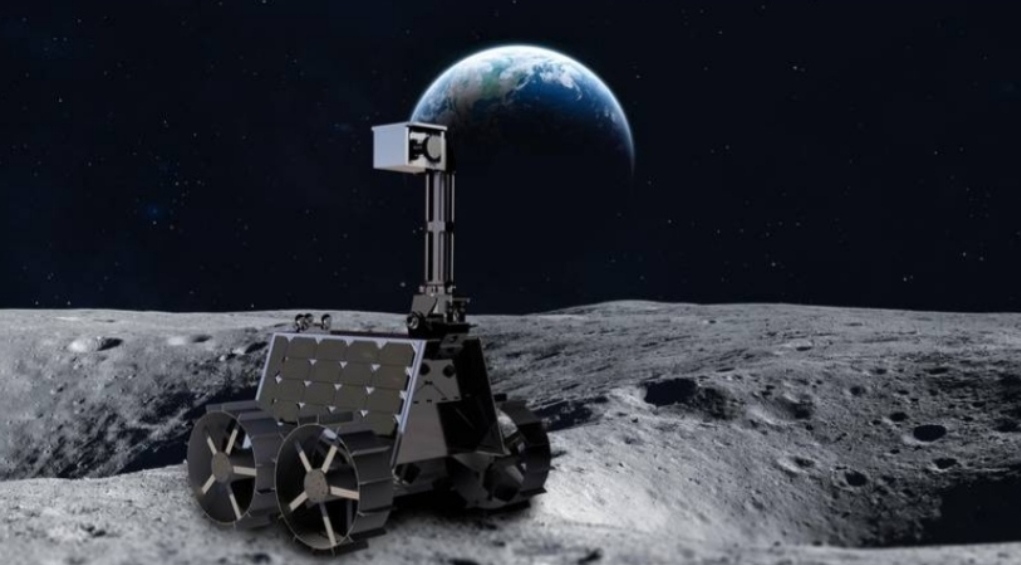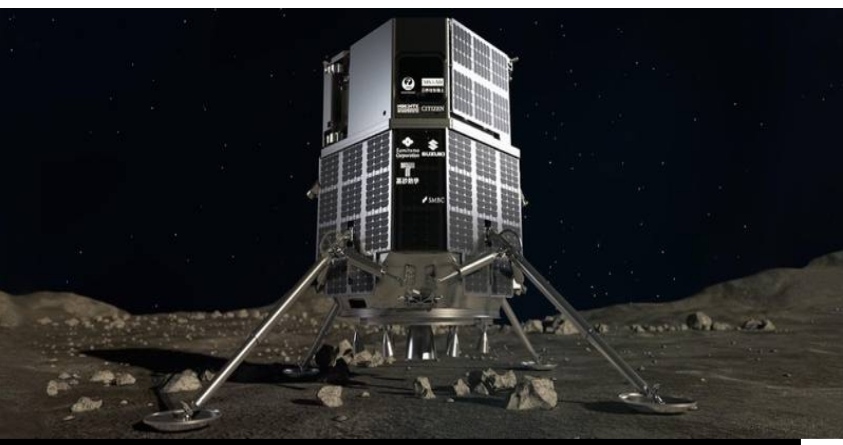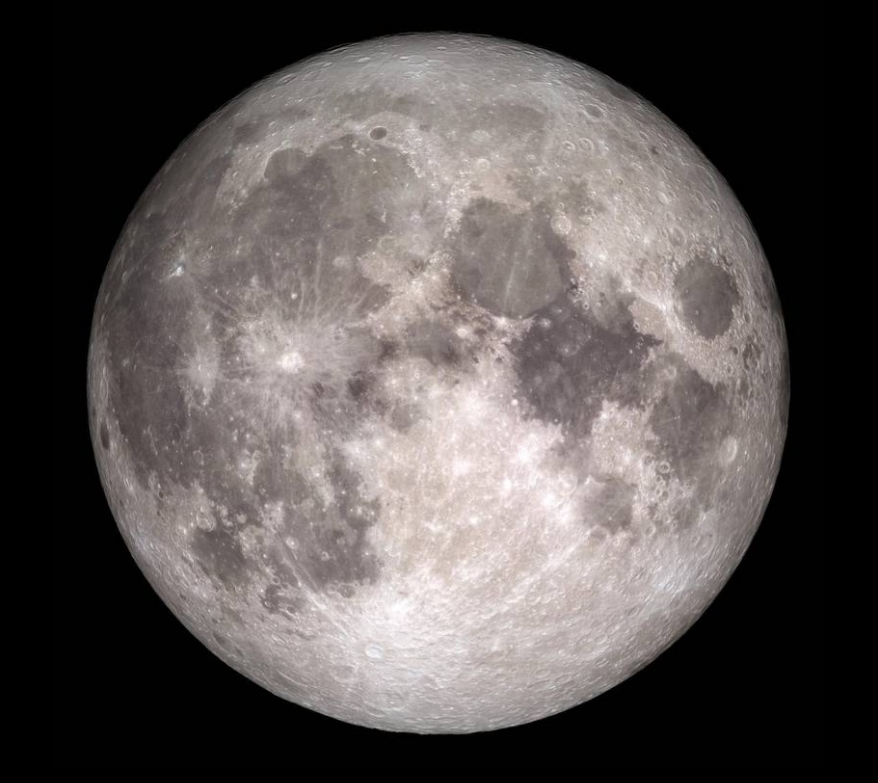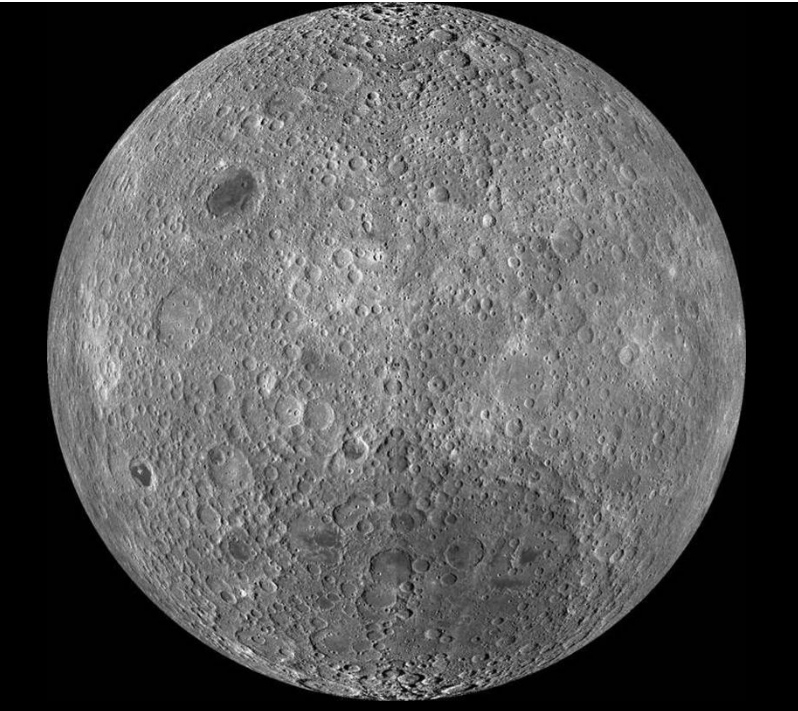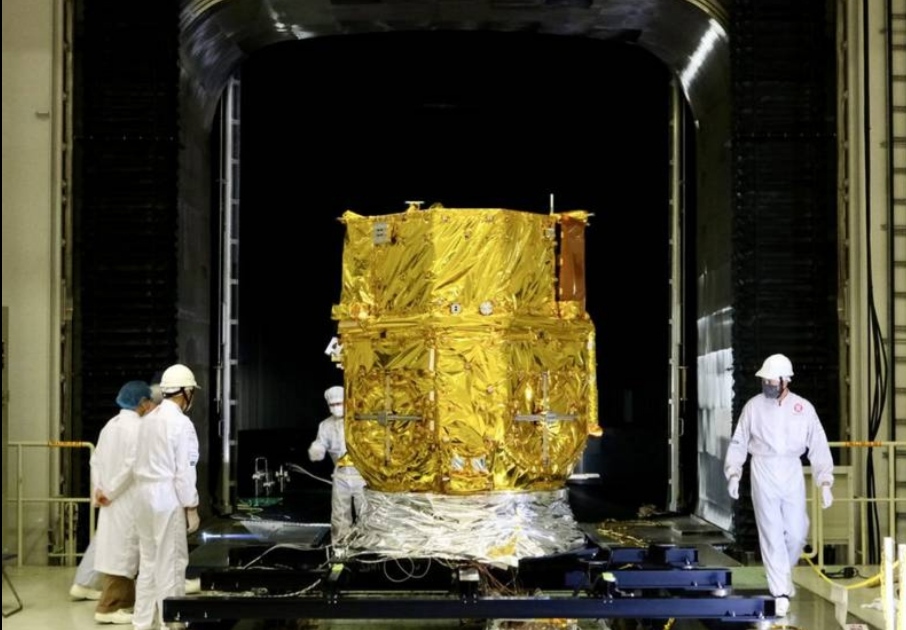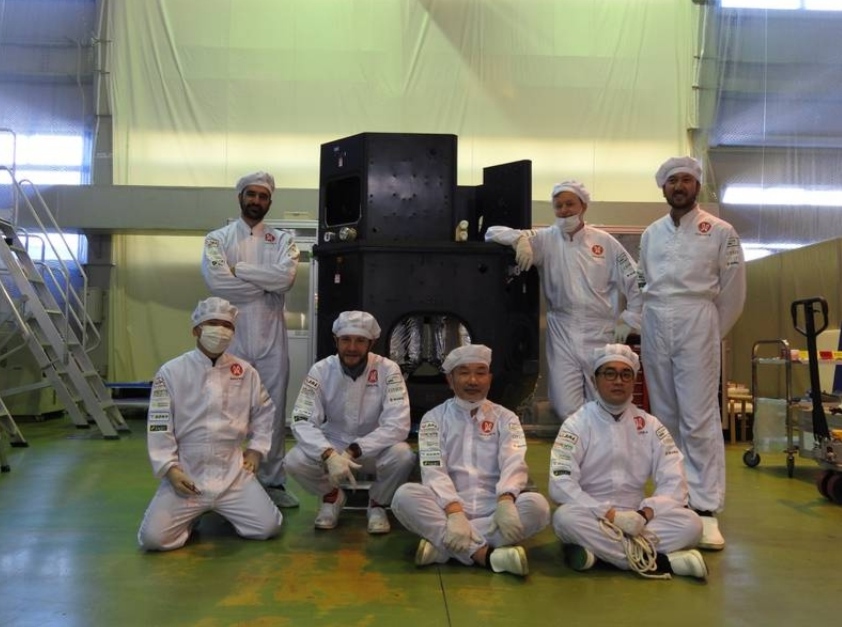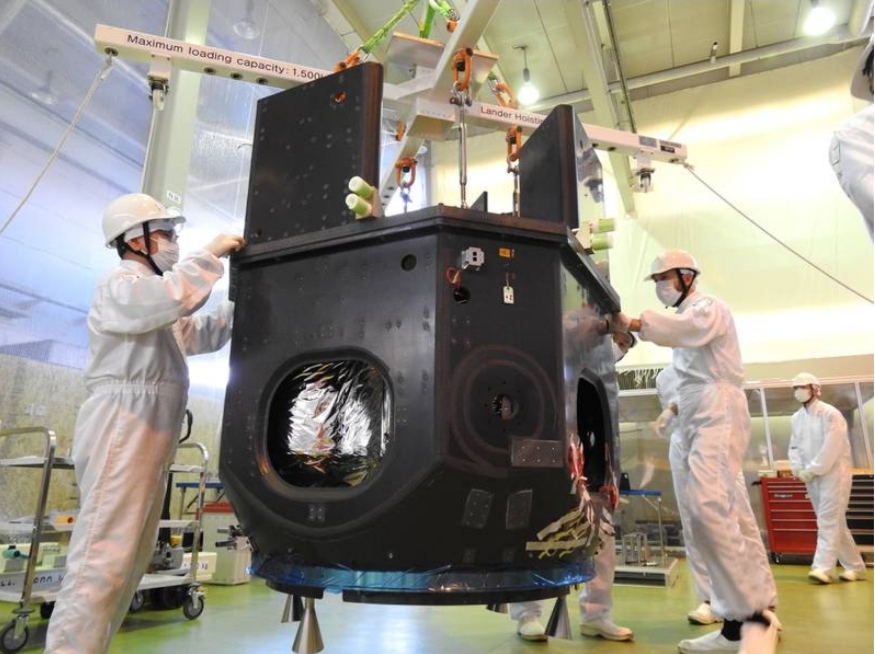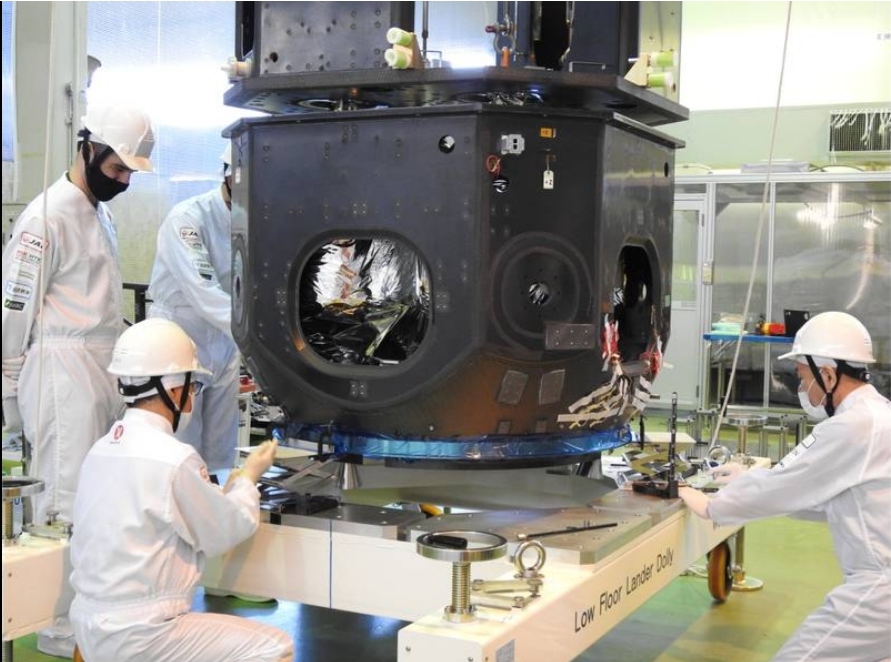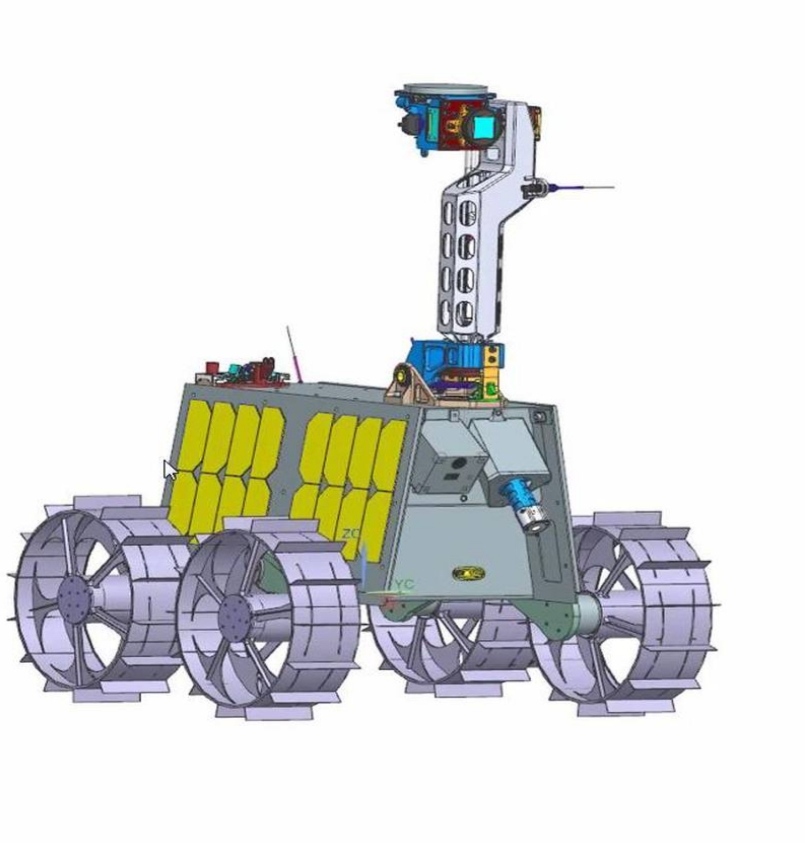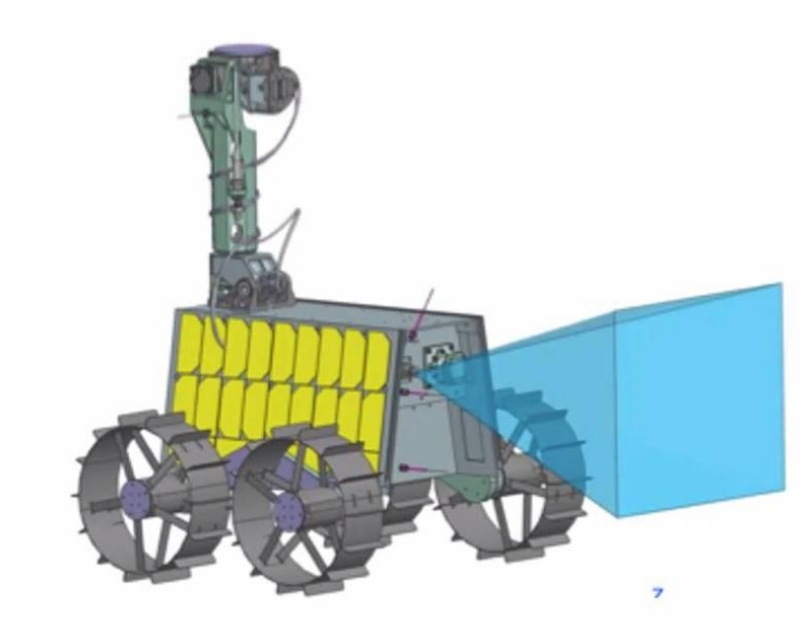UAE space chief: space exploration is ‘ignition’ to boost economy
Sarah Al Amiri says the programme can lead to many economic opportunities
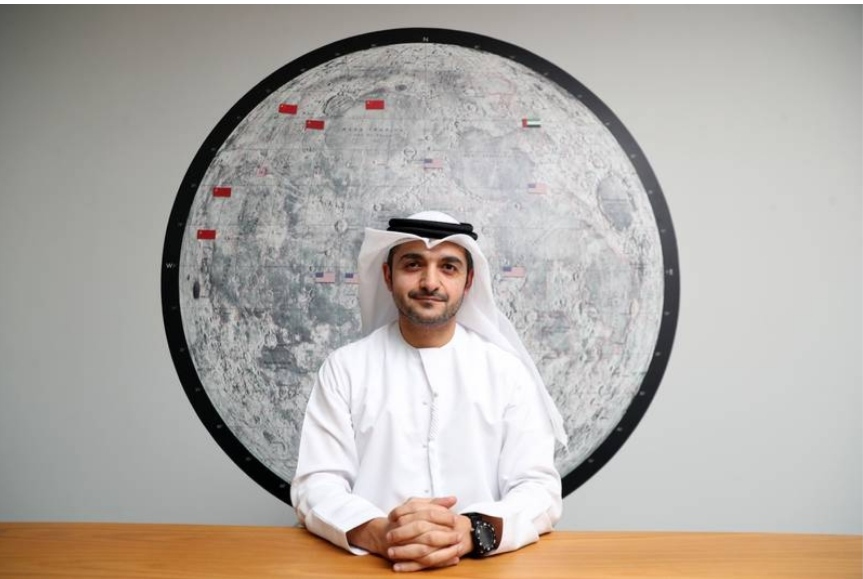
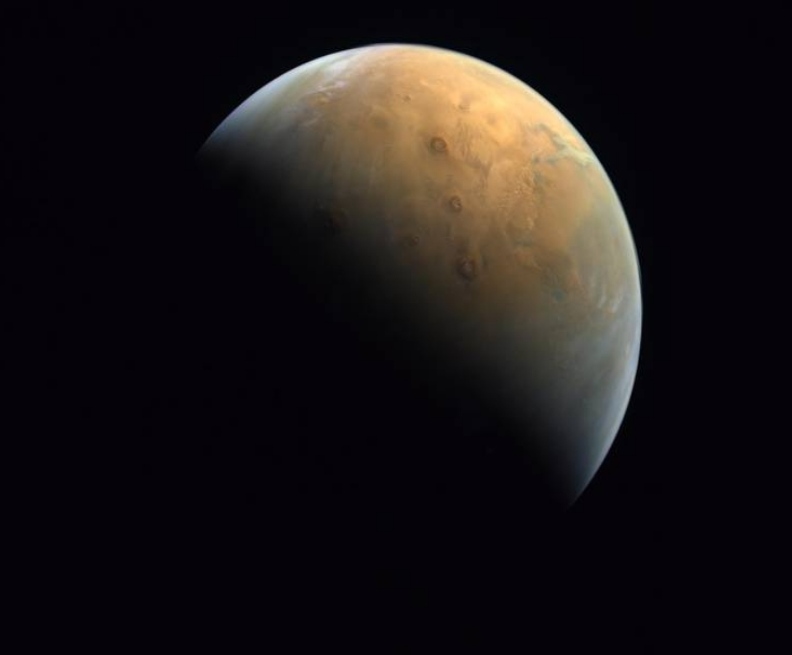
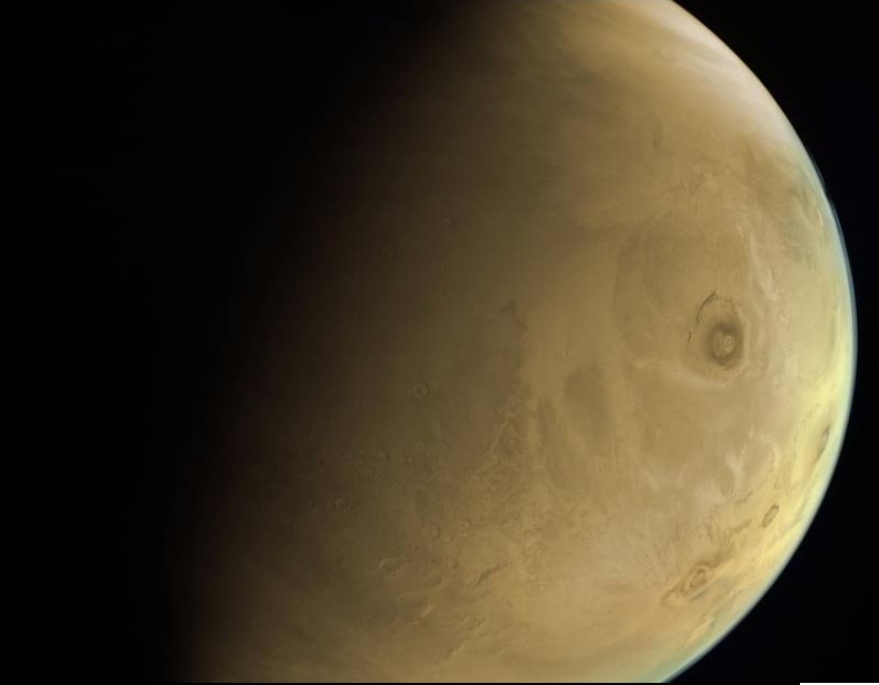
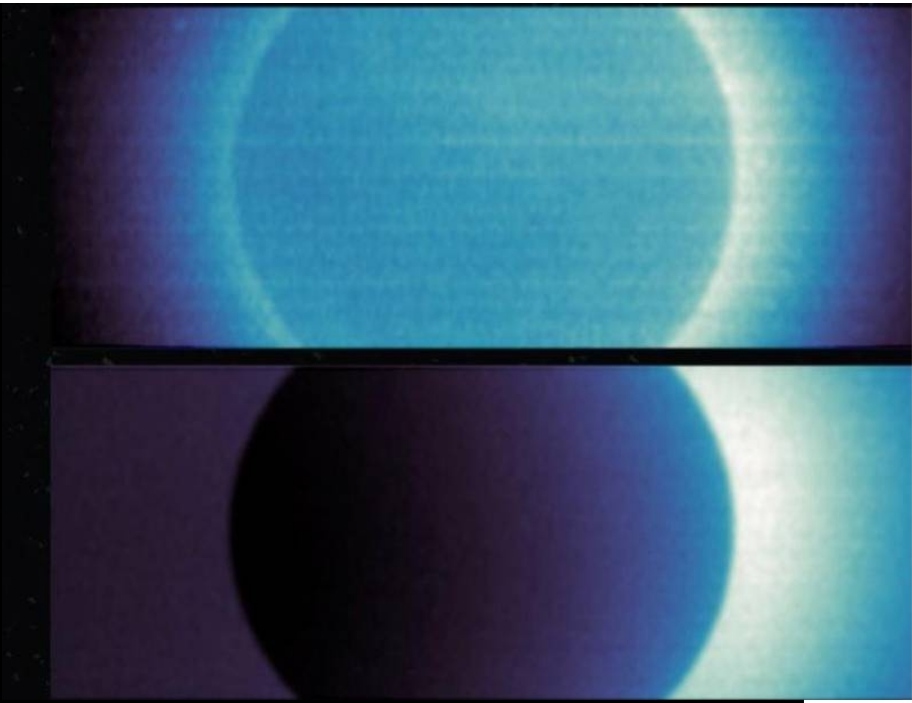
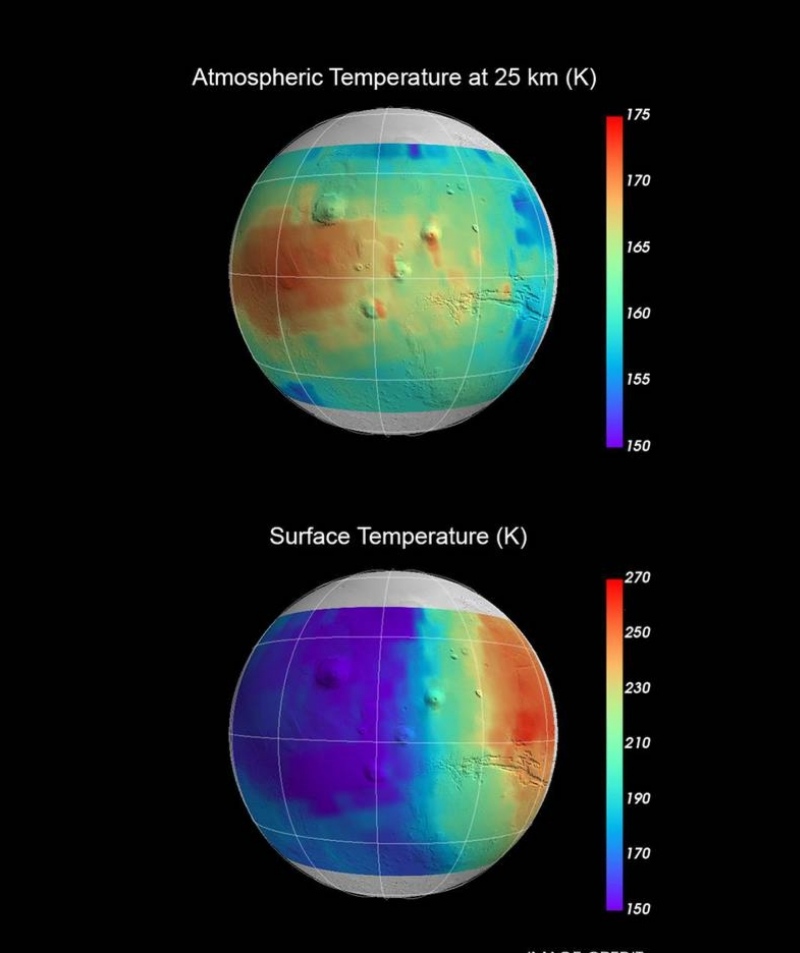
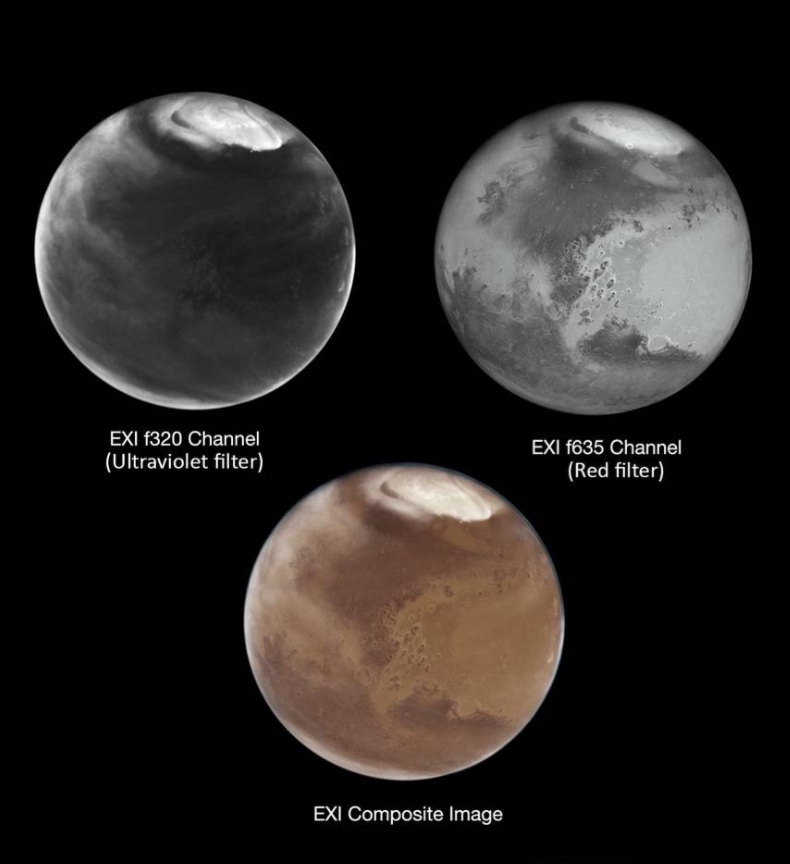
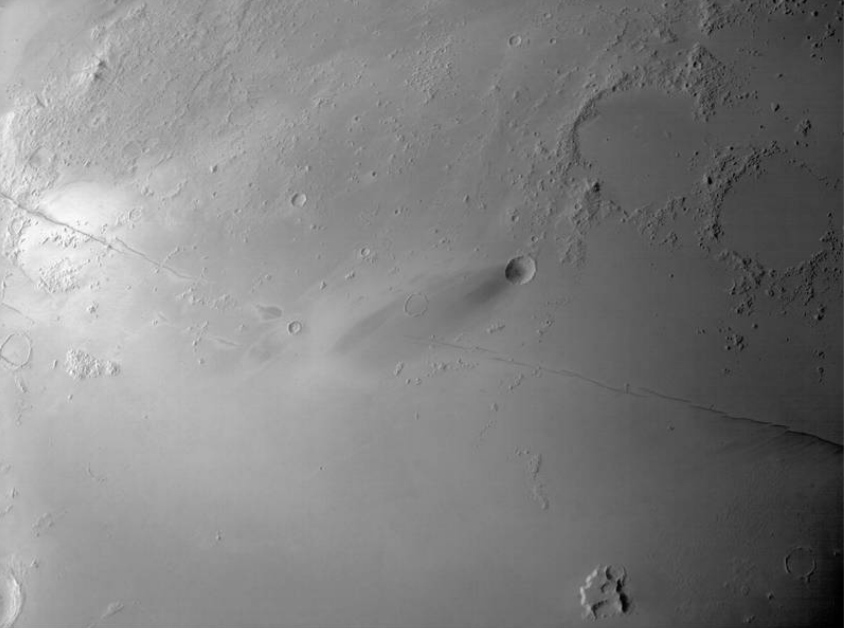
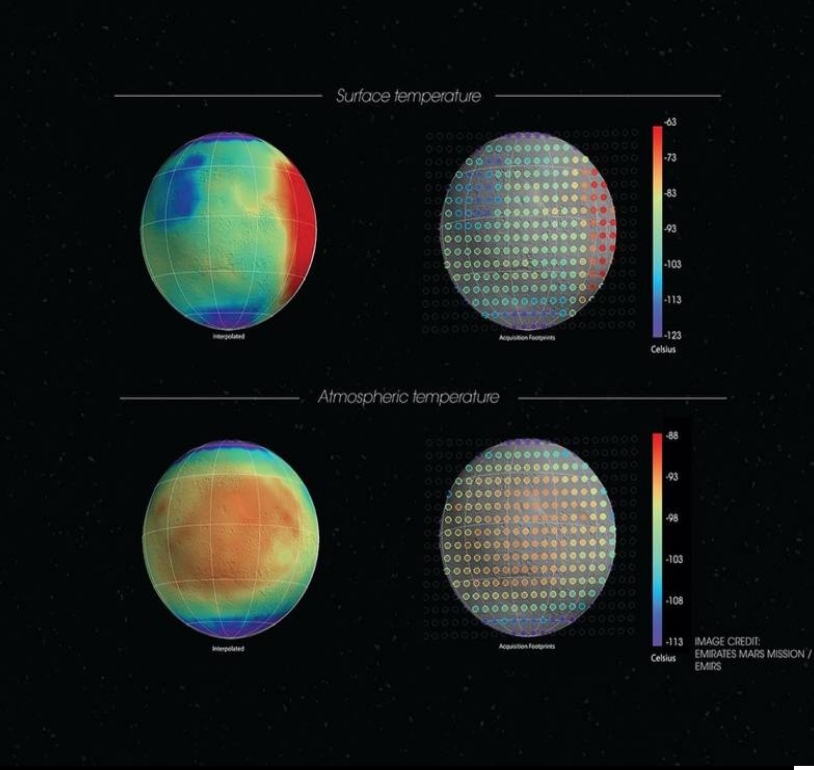
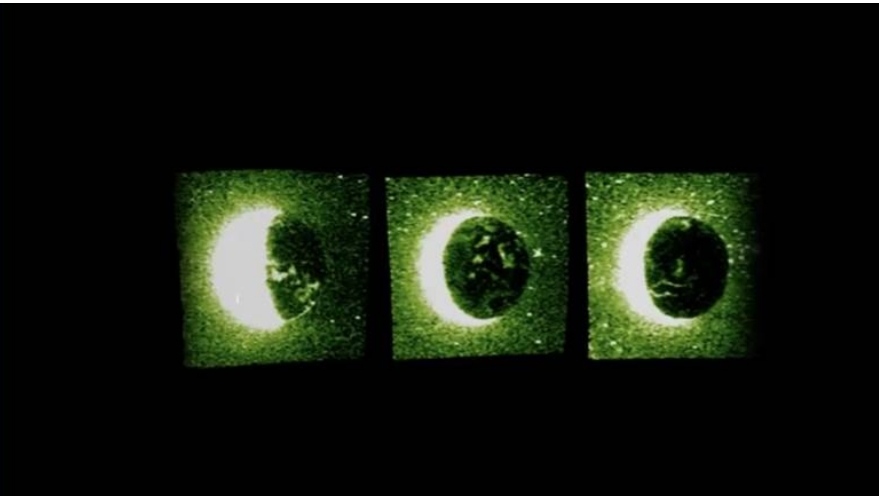
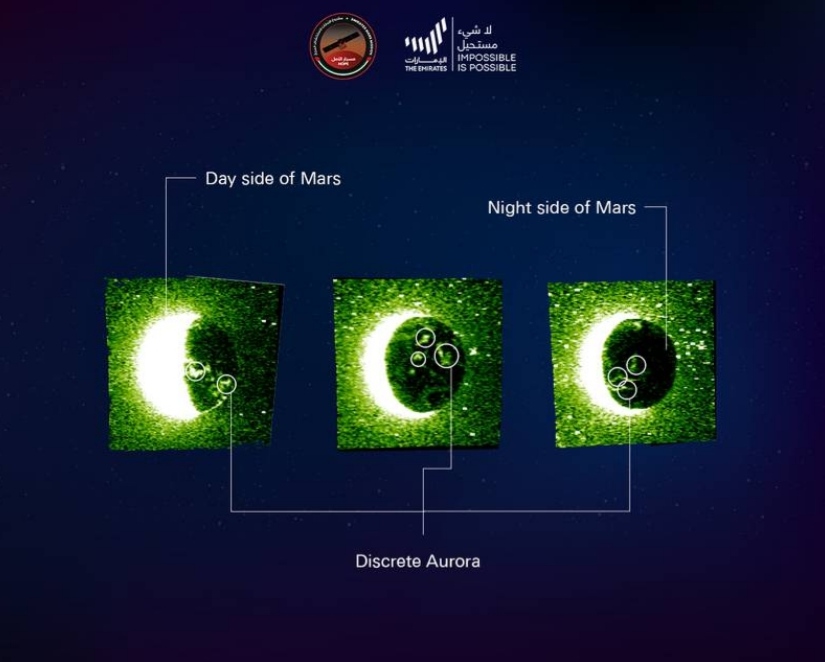
This image taken by the Hope probe’s ultraviolet spectrometer (one of its three scientific instruments) shows sunlight reflecting off the extended cloud of atomic hydrogen gas that surrounds the planet Mars. The sunlight is visible only as a dark disk hidden inside the fog of gas. The Emirates Mars Mission team said that no other mission have made such kind of recordings before.
Space exploration is the ignition that can boost the economy and help diversification, the UAE’s space chief has said.
Sarah Al Amiri, Minister of State for Advanced Technology and chairwoman of the UAE Space Agency, said the programme can not only create a private sector within the space field but also lead to many more economic opportunities.
Speaking on Wednesday, she said space missions were assessed according to many criteria and commercial viability was an important one.
“Our mission today at the space agency is marrying exploration missions together with commercially viable data sets, products and services, developing smaller satellites that have commercial value and are able to provide us with data that feeds into different sectors and creates this necessary ripple effect,” she said, at the US-based Centre for Strategic and International Studies.
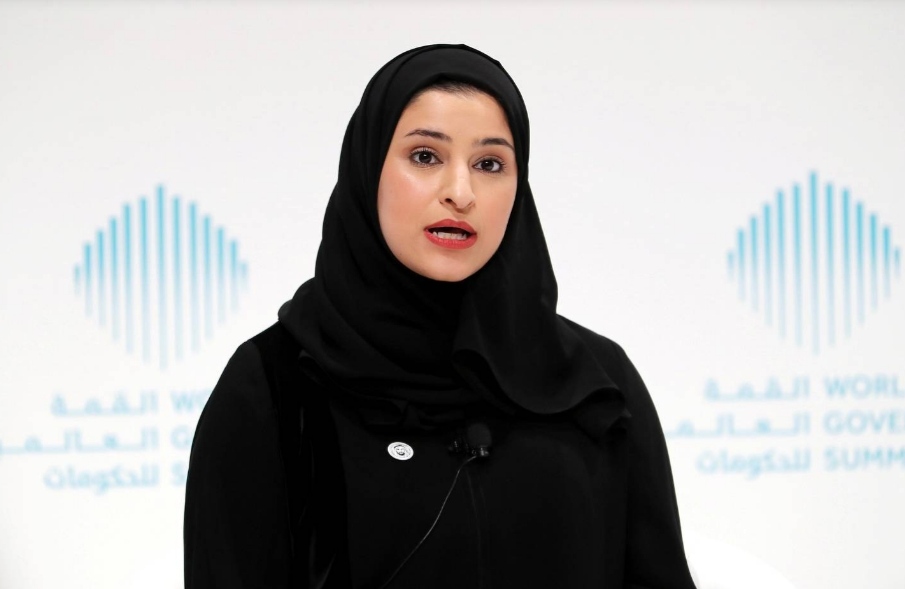
Sarah Al Amiri, the Minister of State for Advanced Technology and chairwoman of the UAE Space Agency.
“An interesting lesson learned is that exploration is that ignition that you give towards your economic diversification and the stimulation of your space economy and the private sector within the space sector, and then everything else then is able to indirectly feed off of that.”
The UAE does have satellites in low-Earth orbit that produce data commercially for private companies all over the world.
KhalifaSat, the first Emirati-built satellite, is partly being used to boost the commercial space sector.
The UAE is also looking to have commercial payloads on its second Moon rover.
Salem Al Marri, the deputy director-general of the Mohammed bin Rashid Space Centre, said some companies and research institutions are willing to contribute financially to the Country’s second lunar mission .
“In the next mission, we do see interest from commercial players and from start-up companies in the UAE that we want to support and endorse,” he said.
“We want our next and future rovers to be used as platforms by start-up companies, universities [and] commercial players to test their ideas, to implement them.”
During the first lunar mission, the UAE is carrying a few payloads from foreign space agencies, but they are non-commercial.
In an earlier exclusive interview with THE NATIONAL, Ms Al Amiri highlighted the agency’s efforts in increasing private sector investment in the country’s growing space industry.
She said the aim is to make the UAE a regional hub for the development of spacecraft systems.
“Most of the current space sector within the Emirates is focused on government spending and programmes across both local and federal governments,” she said.
“Today, we’re talking about a space sector that has an indirect impact on the economy. In five years, we want to see a space sector that has both an indirect impact on the economy, society, and also a direct impact on the economy.”
UAE’s lunar mission – in pictures
